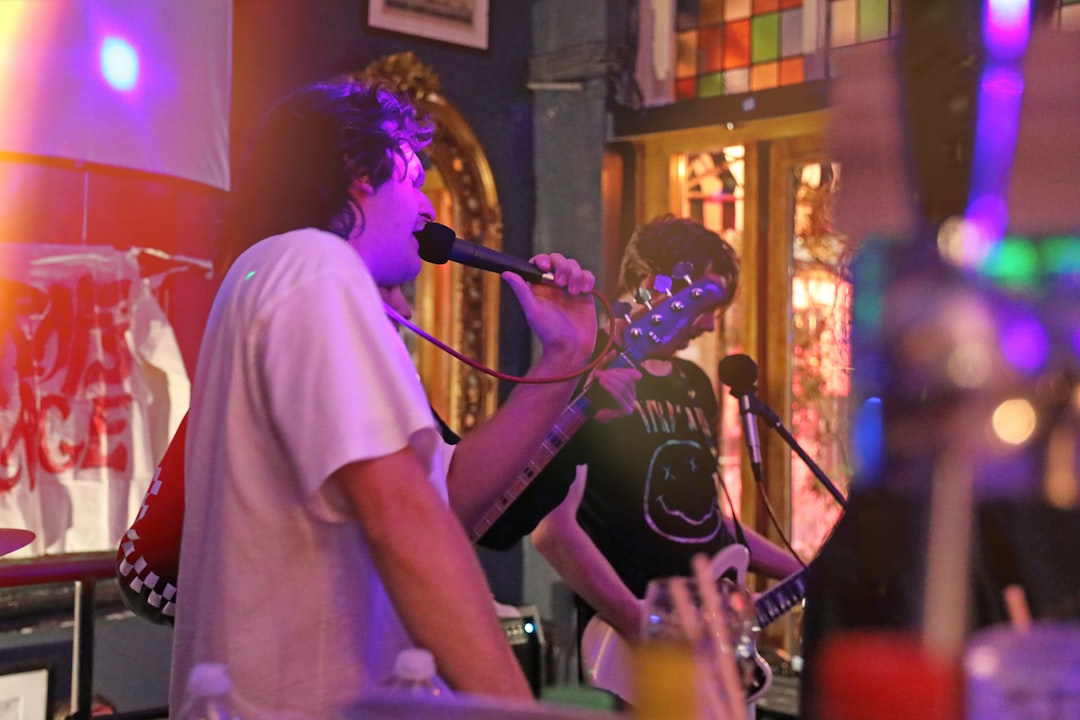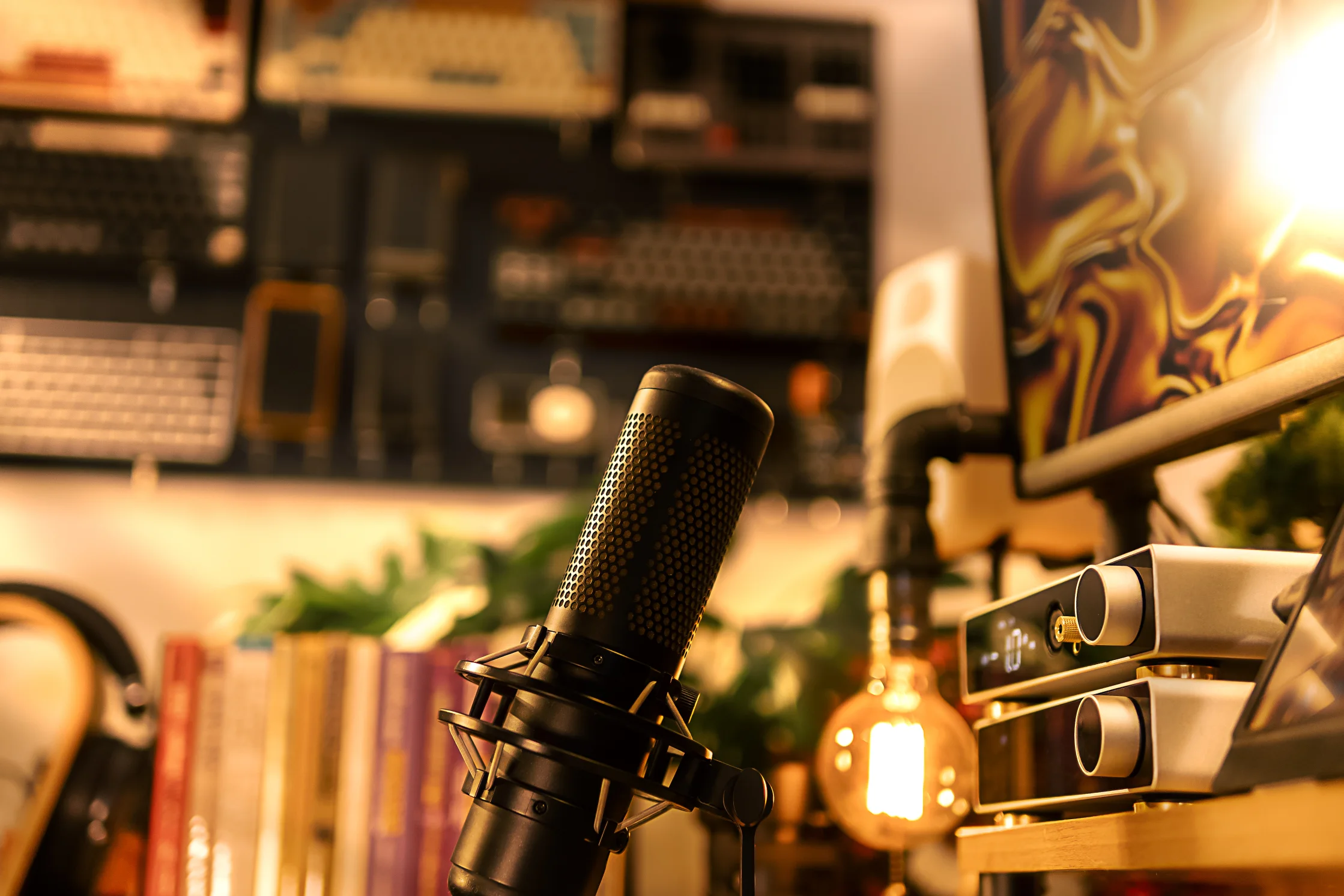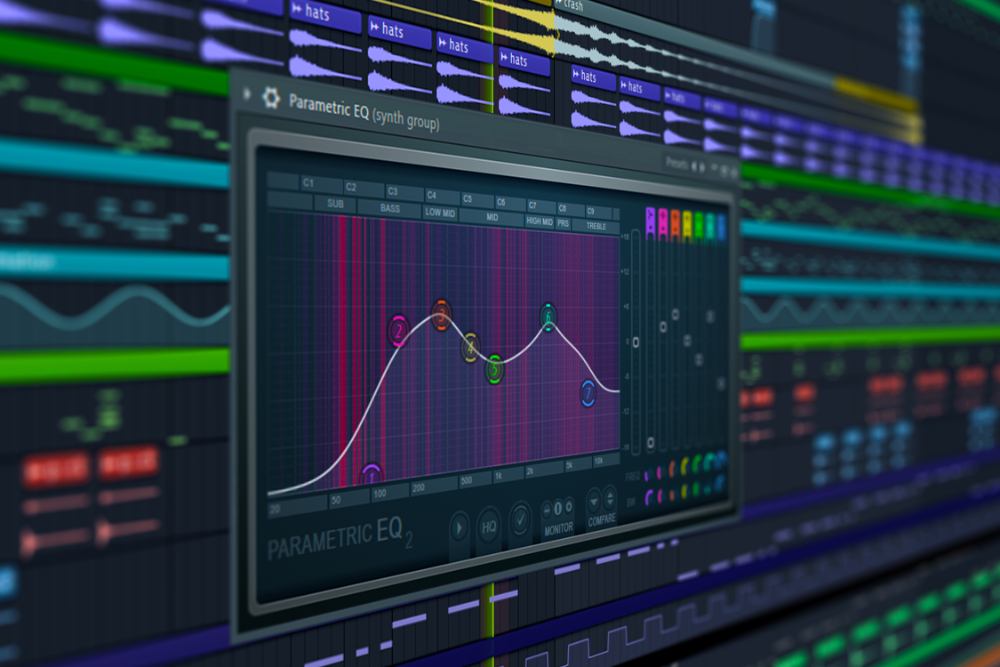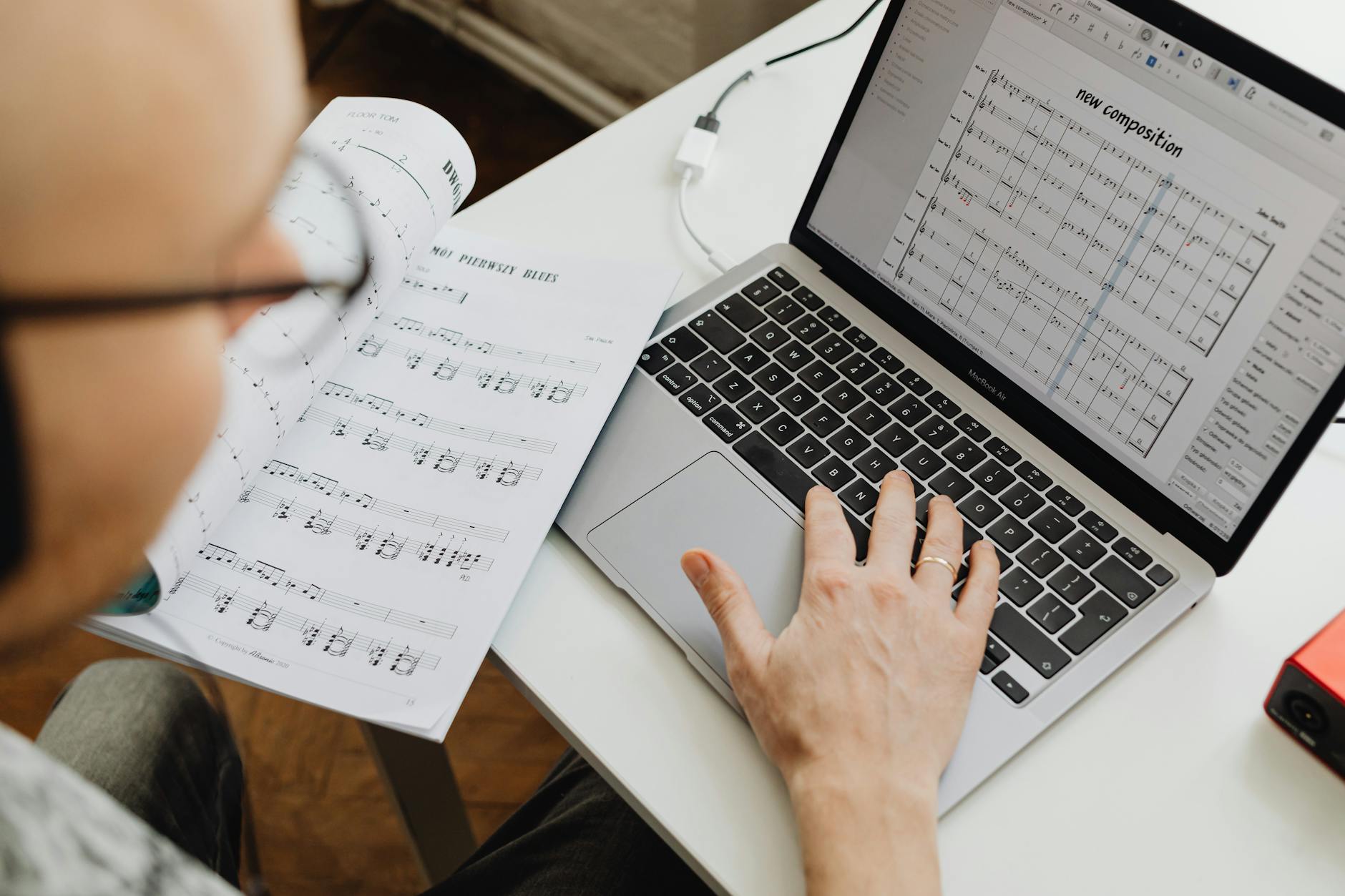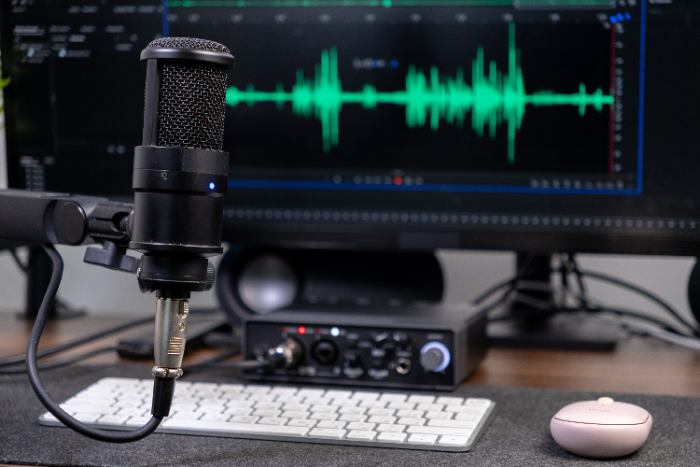Anyone Can Write Music
if they have the Right Tools
For many young musicians, composing may seem like an impossible task. Turning their first blank page into a sheet of music can seem like magic — that is, until they learn how easy it really is. My lessons are built off the principle that anyone can write music, as long as they're given the tools to succeed. In their lessons, your child will learn the fundamentals of writing music, turning a daunting task into an opportunity for creative exploration.
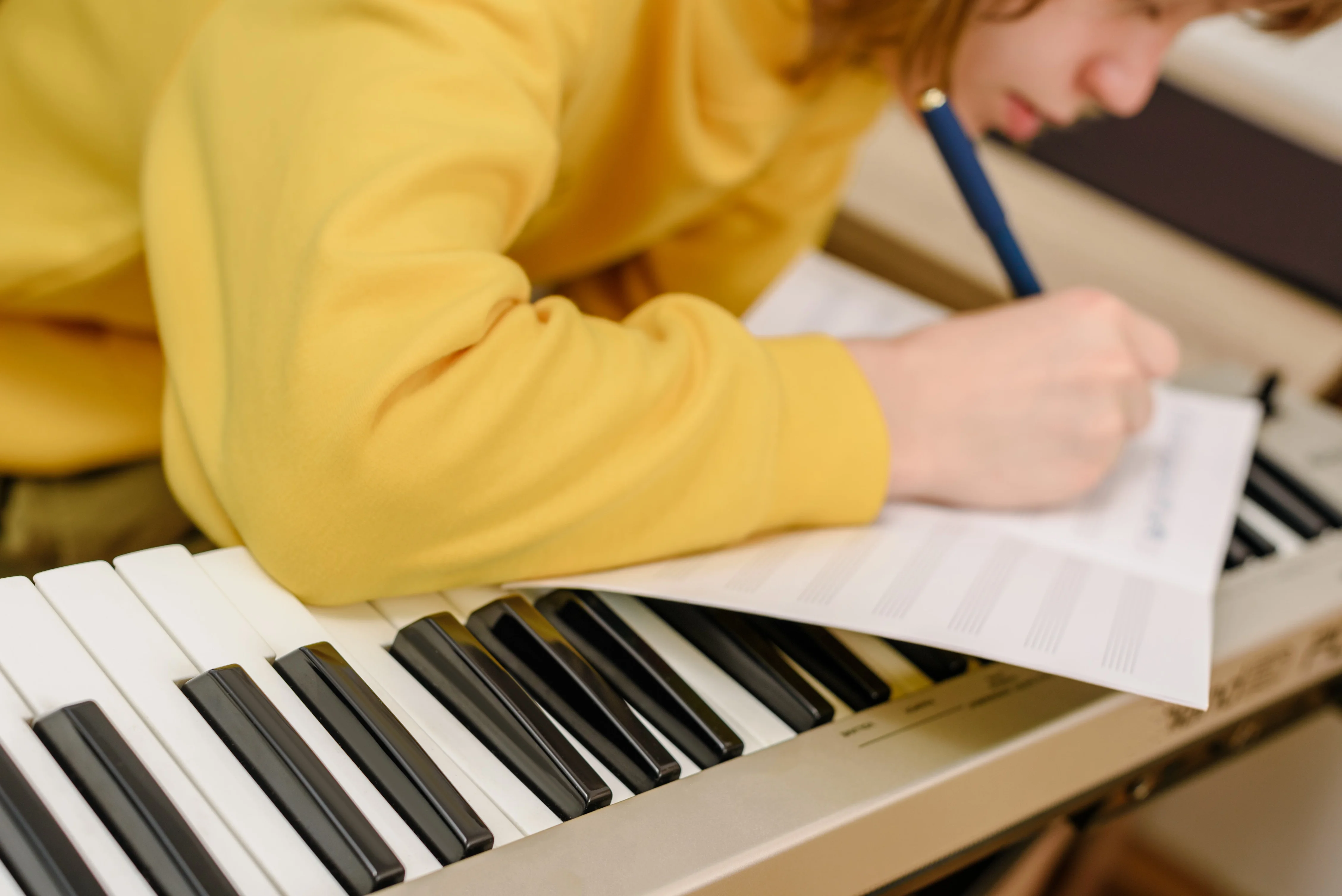
Finding their First Notes
For young composers, writing their first notes is often the hardest part. In their lessons, your child will learn how to start a piece of music with a small idea that excites them. This is a small seed of inspiration, such as a chord, two notes, or just a single word. From this idea, they'll learn how to flesh out entire songs, using their first idea as a guide to keep them on track.
Guided Composing Exercises
Every time we write a piece of music, we learn something new. For new composers, however, it can be difficult to know where to start. To help build confidence in their voice and find musical footing, we'll start with a series of 60 second composing exercises. These exercises start small: a song for one instrument. They'll move to writing a duet, then a quartet, voice & piano/guitar, and various other ensemble types, giving them a strong grasp on writing for a variety of instruments.
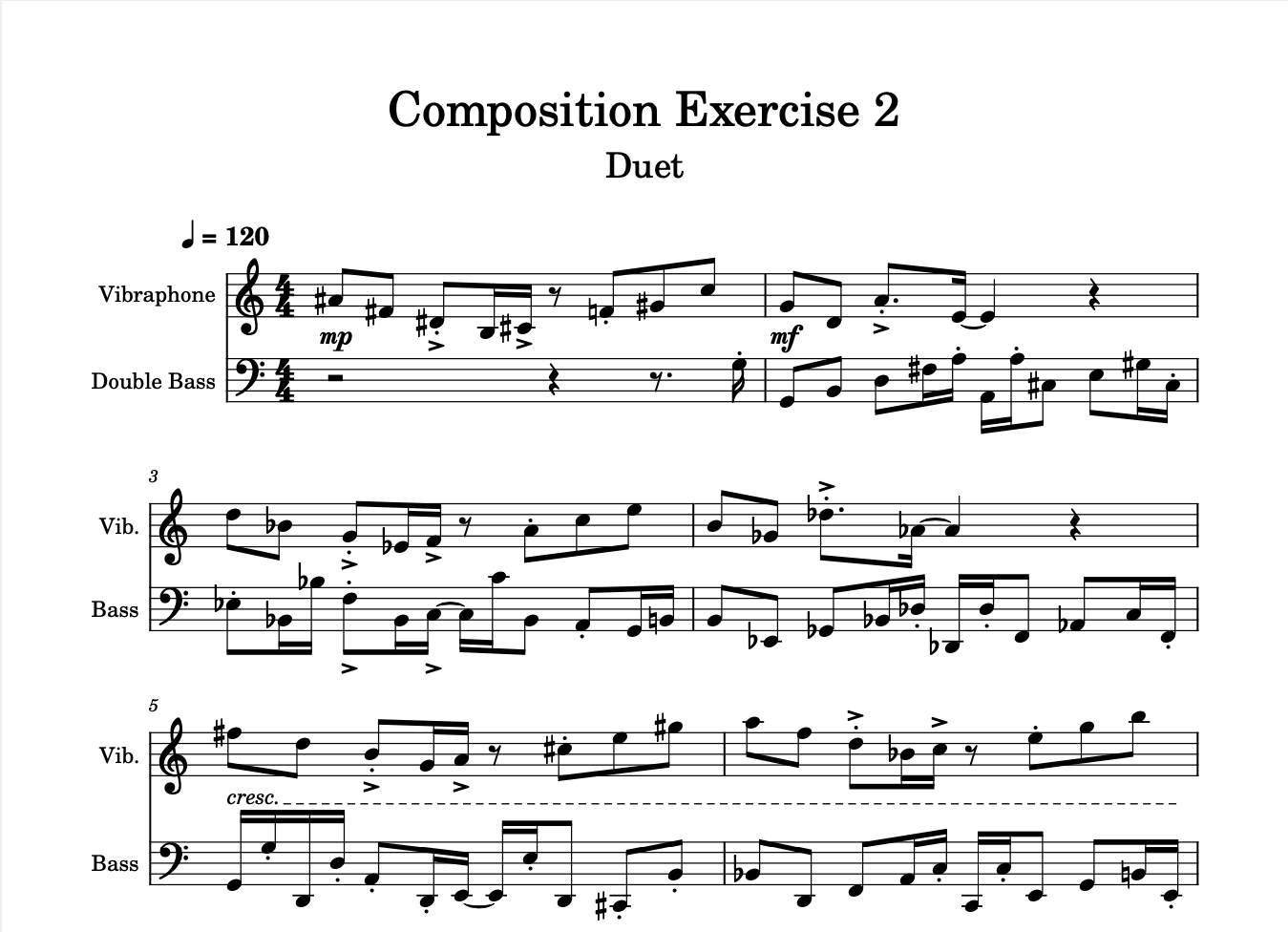
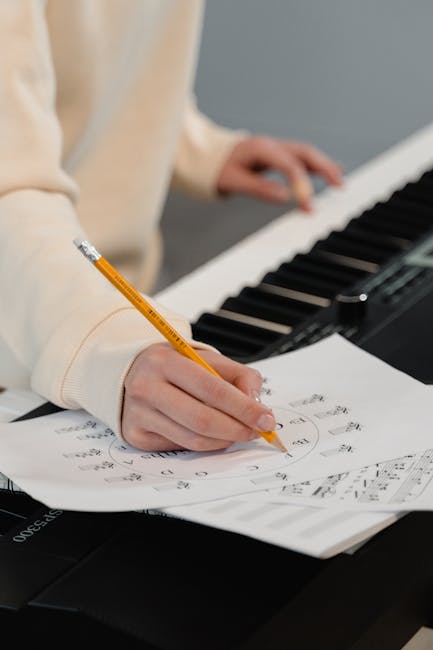
Demystifying Music Theory
In our lessons, we'll break down the intricacies of melody, harmony, rhythm, and form. Using the music they love as examples, your child will begin to understand how music works behind the scenes. Armed with music theory, the open-ended task of composition becomes a lot less intimidating.

Finding their First Notes
For young composers, writing their first notes is often the hardest part. In their lessons, your child will learn how to start a piece of music with a small idea that excites them. This is a small seed of inspiration, such as a chord, two notes, or just a single word. From this idea, they'll learn how to flesh out entire songs, using their first idea as a guide to keep them on track.

Guided
Composing Exercises
Every time we write a piece of music, we learn something new. For new composers, however, it can be difficult to know where to start. To help build confidence in their voice and find musical footing, we'll start with a series of 60 second composing exercises. These exercises start small: a song for one instrument. They'll move to writing a duet, then a quartet, voice & piano/guitar, and various other ensemble types, giving them a strong grasp on writing for a variety of instruments.

Demystifying
Music Theory
In our lessons, we'll break down the intricacies of melody, harmony, rhythm, and form. Using the music they love as examples, your child will begin to understand how music works behind the scenes. Armed with music theory, the open-ended task of composition becomes a lot less intimidating.
